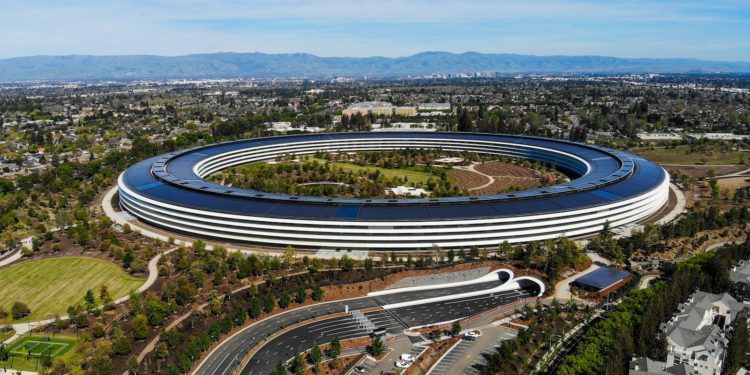After the EU passed the Digital Markets Act last summer, the new legislation officially came into force in early November. An EU official has now reiterated that Apple could be forced to open the iPhone to third-party app stores and more.
Under the Digital Markets Act (DMA), the rules apply to tech giants that meet the "gatekeeper" criteria, forcing them to open up their various services and platforms to other companies and developers. It is almost certain that Apple will be classified as a "gatekeeper" and thus subject to the DMA's rules due to the size of its annual turnover in the EU, its ownership and operation of platforms with a large number of active users, and the "established and permanent position" it has held for a long time.
Affected are iMessage, FaceTime, Siri and more
The DMA could force Apple to make fundamental changes to how the App Store, iMessage, FaceTime and Siri work in Europe. For example, the company could be forced to allow users to install third-party app stores and sideload apps, allow developers to work closely with Apple's own services and promote their offerings outside the App Store, use third-party payment systems and access data collected by Apple. One of the DMA's most recent additions is the requirement that messaging, voice and video calling services must be interoperable. The interoperability rules theoretically mean that meta-apps like WhatsApp or Messenger could apply for interoperability with Apple's iMessage system and Apple would be forced to comply within the EU.
EU will classify Apple as a gatekeeper
The DMA was proposed by the European Commission in December 2020 and adopted by the European Parliament and the Council in record time, in March 2022. It is now entering a six-month implementation phase and will apply from 2 May 2023. After that, potential gatekeepers must inform the Commission of their main platform services within two months, but no later than 3 July 2023, if they reach the thresholds set out in the DMA. Once the Commission has received the full information, it has 45 working days to assess whether the company in question meets the thresholds and to designate it as a gatekeeper. After their appointment, gatekeepers have six months to comply with the requirements of the DMA, but no later than 6 March 2024. Margrethe Vestager, Vice-President of the Commission, commented in a press release as follows:
Apple will have to make major changes to iOS & iPadOS
The DMA will profoundly change the digital landscape. With it, the EU is taking a proactive approach to ensuring fair, transparent and competitive digital markets. A few large companies hold significant market power. Gatekeepers who have a strong position in digital markets must demonstrate that they are competing fairly. We invite all potential gatekeepers, their competitors or consumer organisations to talk to us about how best to implement the DMA.
If Apple is made a gatekeeper, the company will have to make major changes to its iPhone and iPad platforms to comply. In March, before the bill was passed, Apple said it was "concerned that some provisions of the DMA will create unnecessary privacy and security gaps for our users." Apple is also facing similar legislation in the US: In June, members of the US House of Representatives introduced an antitrust bill that, if passed, would bring major changes to the tech industry. (Photo by Unsplash / Carles Rabada)





